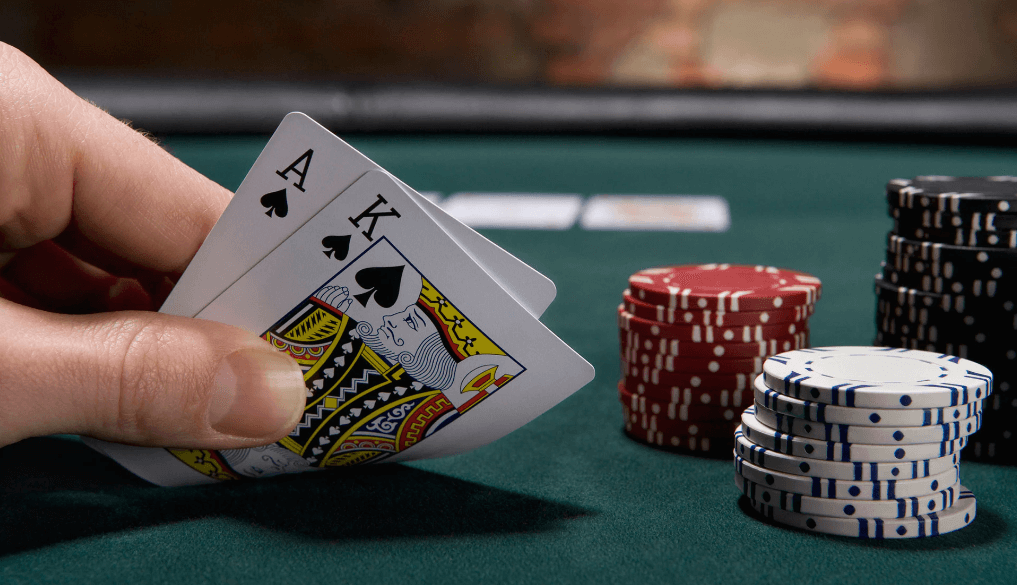The Psychology Behind Slot Games: Why We Love Spinning the Reels

Slot games are a mainstay of the online gaming world, capturing the imagination of millions with their bright lights, engaging themes, and the tantalizing possibility of hitting it big. But beyond the colorful graphics and the thrill of the jackpot, what makes these games so universally appealing? To understand this, we need to delve into the psychology behind slot games and uncover why we find spinning the reels so irresistible.
The Thrill of Anticipation
One of the most compelling aspects of slot games is the thrill of anticipation. Each spin of the reels introduces an element of unpredictability and excitement. As the reels spin, players experience a heightened sense of anticipation, waiting to see if they’ve won or lost. This period of uncertainty creates a psychological high that many players find addictive.
The concept of “variable rewards” plays a significant role here. In psychology, variable rewards are unpredictable and can occur at any time, which creates a powerful sense of excitement and engagement. Slot games are designed with this principle in mind, where wins are not guaranteed but can occur randomly. This randomness and the anticipation of a potential win engage the brain’s reward system, making each spin thrilling and keeping players coming back for more.
The Dopamine Rush
When we experience something rewarding, our brains release a neurotransmitter called dopamine. This chemical is associated with pleasure, motivation, and reinforcement learning. In slot games, the excitement of a win triggers a release of dopamine, creating a feeling of euphoria and satisfaction. Even small wins or bonus features can stimulate dopamine production, encouraging players to continue spinning in search of more rewards.
The release of dopamine can lead to what is known as a “win-streak effect”. This phenomenon occurs when players experience a series of small wins or engaging bonus features that keep them in a positive, reward-seeking state. This can make slot games particularly enticing, as the brain becomes conditioned to seek out that pleasurable dopamine rush.
The Power of Themes and Visuals
Slot games come in a wide variety of themes and designs, from ancient civilizations to futuristic sci-fi worlds. These themes are not just for visual appeal; they play a crucial role in enhancing the gaming experience. Engaging graphics, sound effects, and thematic elements help create an immersive experience that captivates players.
The psychology of “immersive storytelling” is at play here. When players are drawn into a captivating theme or storyline, they become more invested in the game. The sense of being part of an adventure or exploring a fantastical world can make the gameplay more engaging and enjoyable. This immersion can also create a sense of escapism, providing a temporary break from everyday life and enhancing the overall appeal of slot games.
The Appeal of Gamification
Slot games are designed with various gamification elements that enhance their appeal. Features such as bonus rounds, free spins, and progressive jackpots add layers of complexity and excitement to the gameplay. These elements are not only entertaining but also introduce additional opportunities for rewards, keeping players engaged and motivated.
Gamification techniques leverage the principles of “positive reinforcement”. By incorporating rewards, challenges, and achievements, slot games tap into the brain’s desire for accomplishment and progress. This approach encourages players to continue playing and striving for higher rewards, making the gaming experience more dynamic and enjoyable.
The Social Aspect of Slot Games
Many online gaming platforms incorporate social features that allow players to connect with friends, share achievements, and participate in communal events. This social aspect adds a new dimension to the gaming experience, creating a sense of community and camaraderie.
The concept of “social validation” plays a role here. When players see others achieving big wins or participating in communal events, it can create a sense of belonging and motivation. Sharing achievements and interacting with fellow players can enhance the enjoyment of the game and reinforce the social connections that make gaming more engaging.
The Psychology of Risk and Reward
Slot games often involve elements of risk and reward, which can be particularly appealing to players. The potential for a significant payout or the excitement of a high-stakes game can create a sense of exhilaration and adventure.
The principle of “risk-taking behavior” is central to this experience. Players are often drawn to the thrill of taking risks and the potential for a big payoff. This psychological drive can make slot games particularly captivating, as players are motivated by the chance to win big and experience the excitement of high-risk scenarios.
Responsible Gaming and Balance
While understanding the psychology behind slot games can enhance our appreciation of their design and appeal, it’s also important to approach gaming with responsibility. The psychological factors that make slot games engaging can also lead to excessive play if not managed properly.
Setting limits, taking regular breaks, and maintaining a balanced approach to gaming are crucial for ensuring a positive and enjoyable experience. Many online platforms offer tools and resources for responsible gaming, helping players manage their gaming habits and prevent potential issues.
Conclusion
Slot games have a unique ability to captivate and engage players through a combination of anticipation, reward, and immersive experiences. The psychology behind these games reveals why we find spinning the reels so compelling, from the dopamine rush of potential wins to the immersive themes that draw us into different worlds. By understanding these psychological elements, we can better appreciate the design and appeal of slot games while ensuring that our gaming experiences remain enjoyable and balanced.




